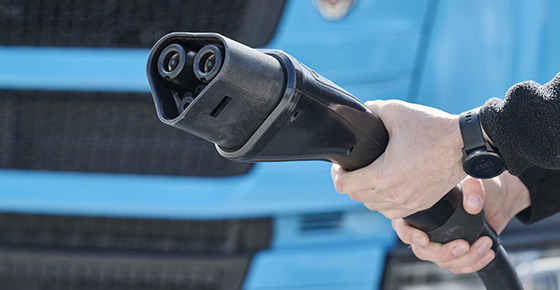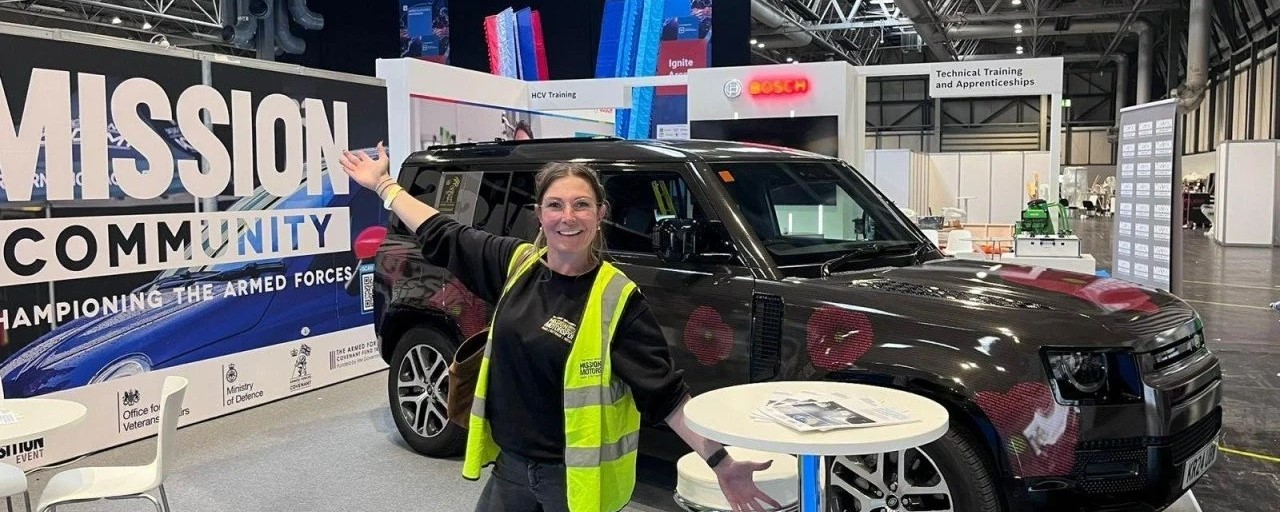

UK households lead increasingly busy lives, ever more dependent on services being provided direct to homes and goods being available when and where they are needed. Delivering online shopping, stocking the local supermarket, transporting construction materials and collecting household waste – these are just some of the key functions in society delivered by commercial vehicles, vehicles that seldom stop moving. Alongside the responsibility of keeping the economy moving, the sector also has a responsibly to cut emissions and ensure the country’s climate ambitions are realised.
The 25th anniversary of the Commercial Vehicle Show this week demonstrated just how far the sector has come during those years, with a series of new electric van and pickup launches – meaning 38 models are now available on the UK market – along with exhibitions of hydrogen truck technology, EV workshop training and more. The event provided the ideal platform to publish new SMMT analysis setting out the huge challenge – and equally huge opportunity – of scaling up the UK’s grid infrastructure for a decarbonised commercial vehicle (CV) future.
With HGV and van operators facing wait times for depot connections of up to 15 years, and a paucity of public charging infrastructure for CVs across the strategic road network, operators are often effectively being blocked from zero emission investment. The economy and climate cannot afford such a delay, nor can industry, given many operators may well be denied the opportunity to decarbonise before government’s proposed end the sale of new, non-zero emission vans – and the majority of trucks – in 2035.
Industry is already working with government and a charging sector keen to invest. Everyone wants the pace to accelerate and government’s recent announcement to fast-track grid connections for data centres, wind farms and solar power installations is the same preferential treatment that the CV sector needs. Consistent and efficient implementation of local planning policy, as well as more affordable energy costs on which operators can run their fleets, are essential. The rewards would be immense, with a potential CO2 saving greater than the total carbon footprint of Sweden, while futureproofing a sector that is critical to the UK economy, society and our wider industry, for generations to come.
SMMT Update
Sign up to the SMMT Update Newsletter for weekly automotive news and data
"*" indicates required fields


